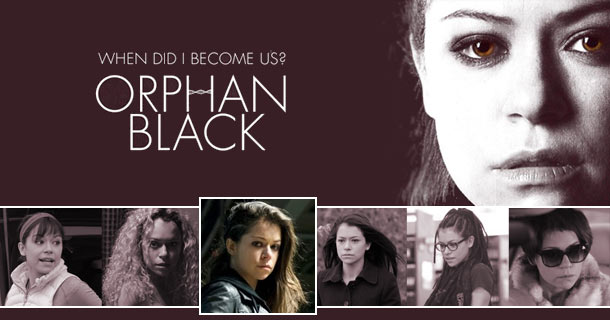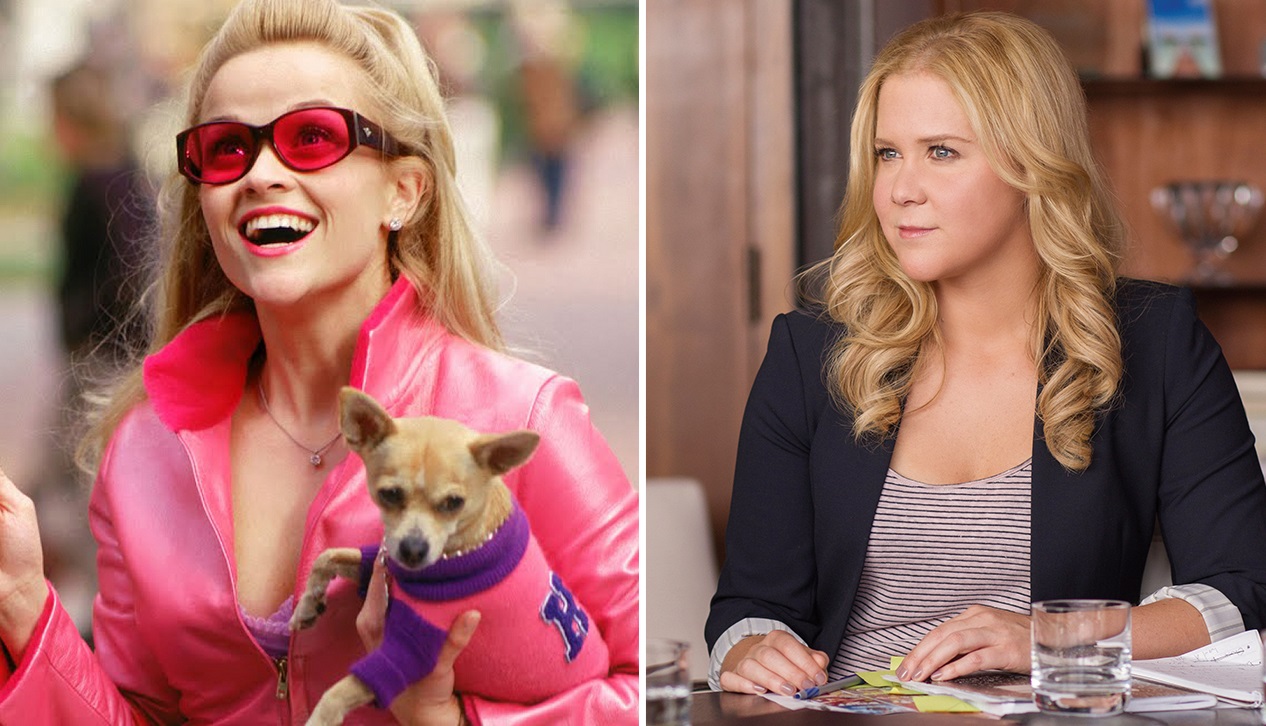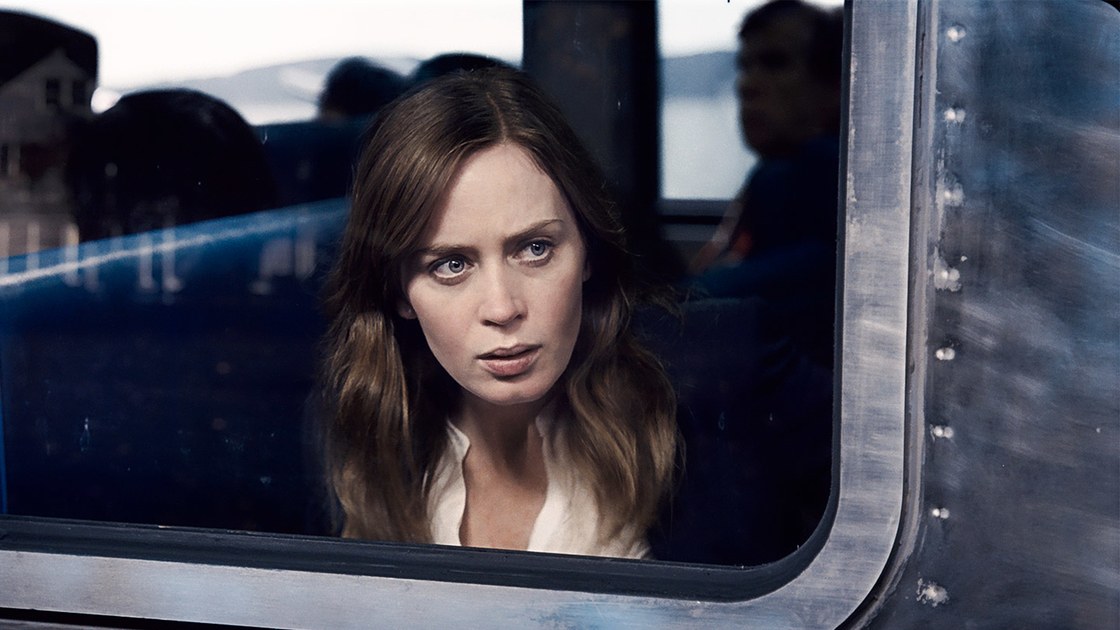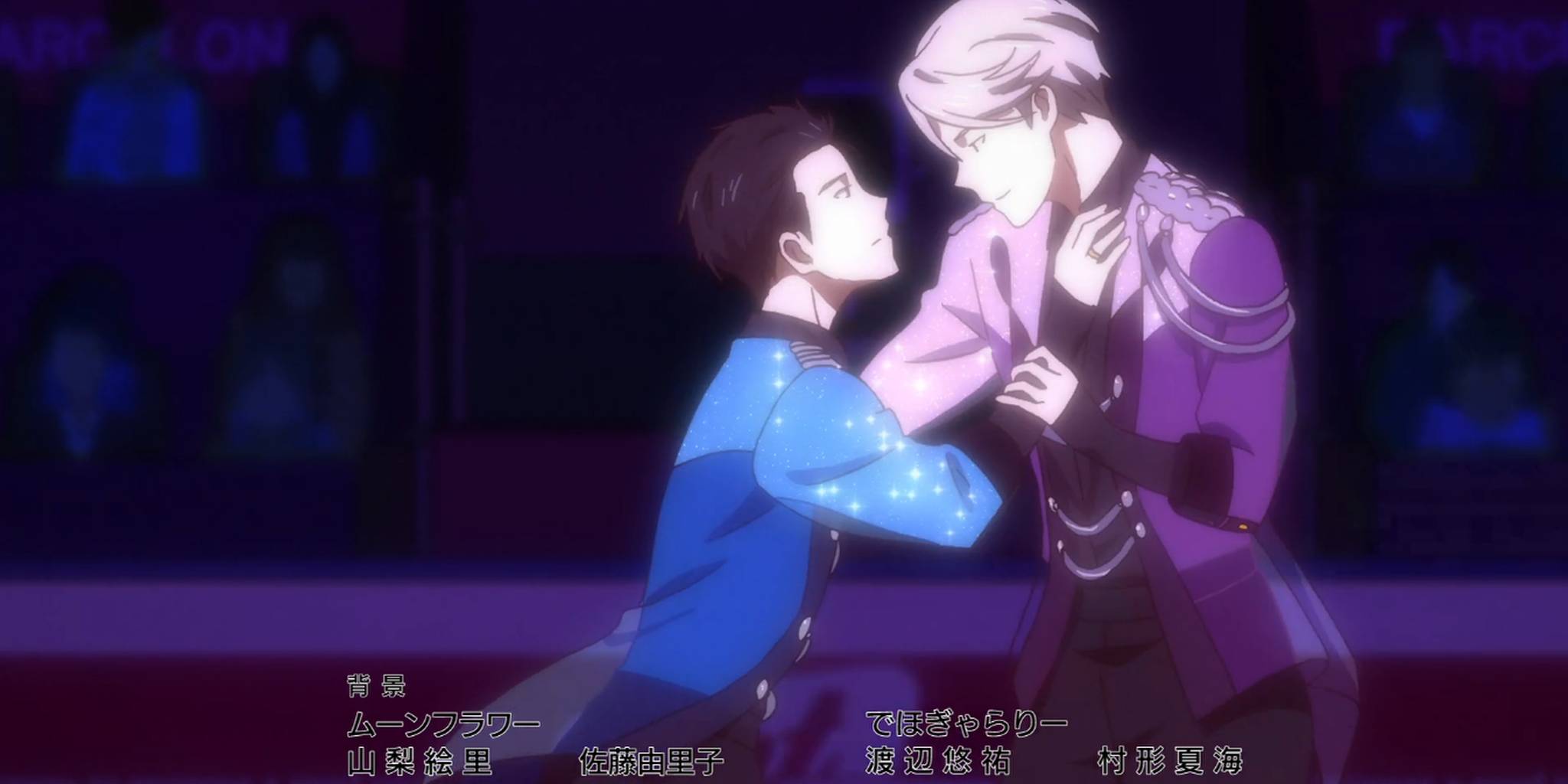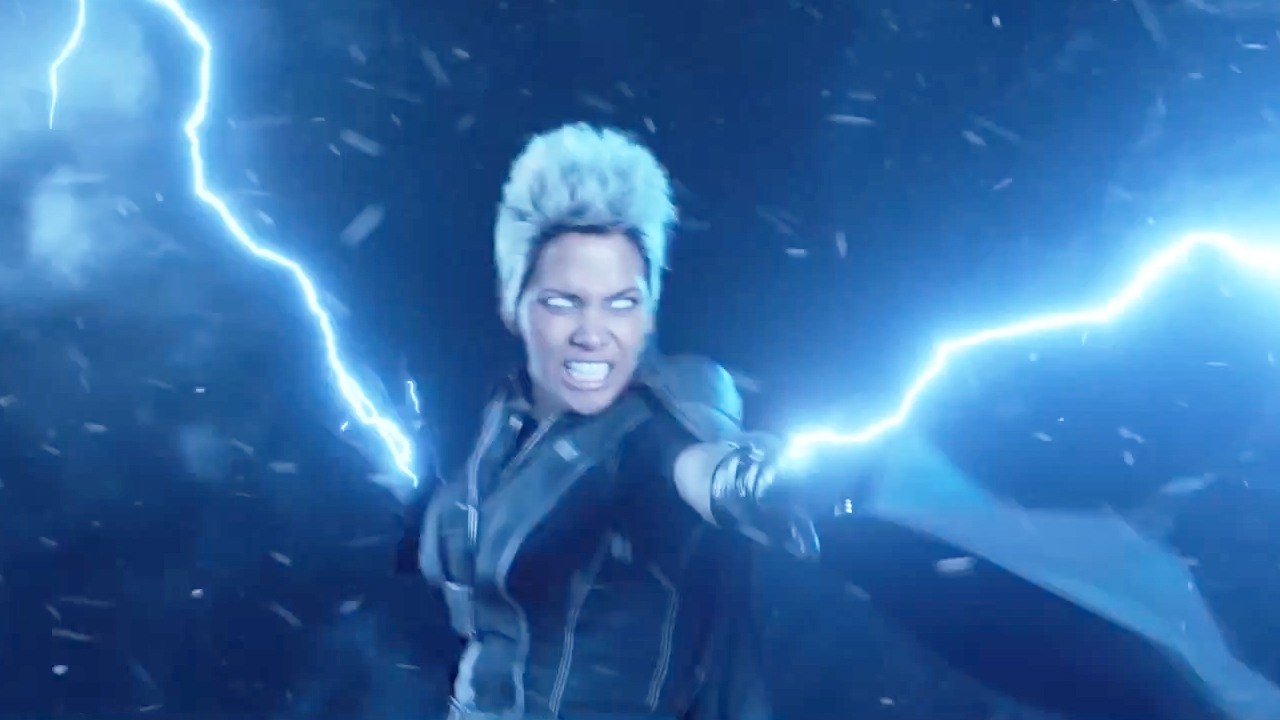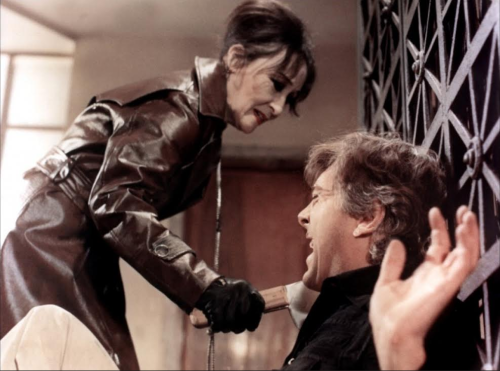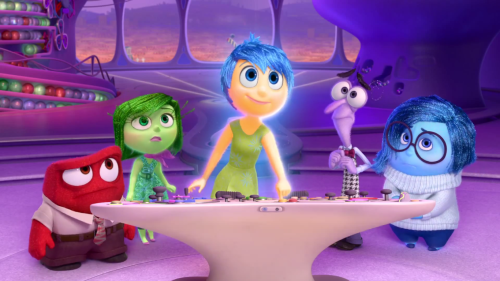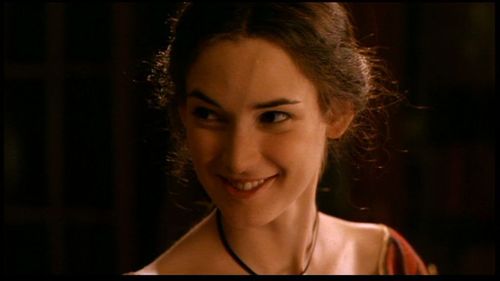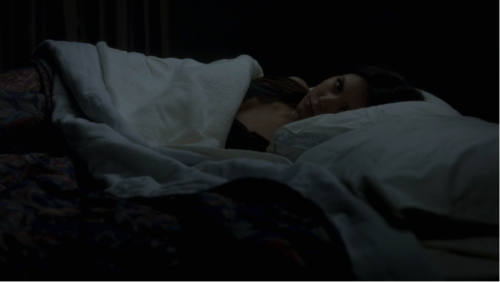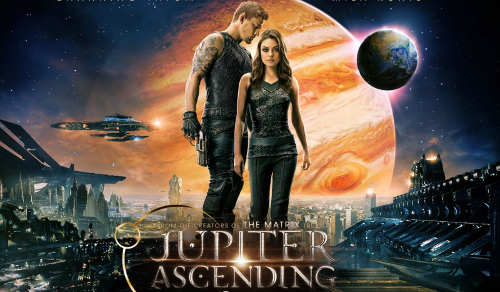The Male/Female Gaze on BBC America’s First Season of ‘Orphan Black’
Orphan Black poster This is a guest post by Ms Misantropia. Last Saturday was the season finale of BBC America’s Orphan Black, a fast paced Canadian sci-fi series about human cloning. The show’s main protagonist, Sarah Manning (Tatiana Maslany), is a street-wise orphan just returning to Toronto after having spent a year abroad. She barely … Continue reading “The Male/Female Gaze on BBC America’s First Season of ‘Orphan Black’”
